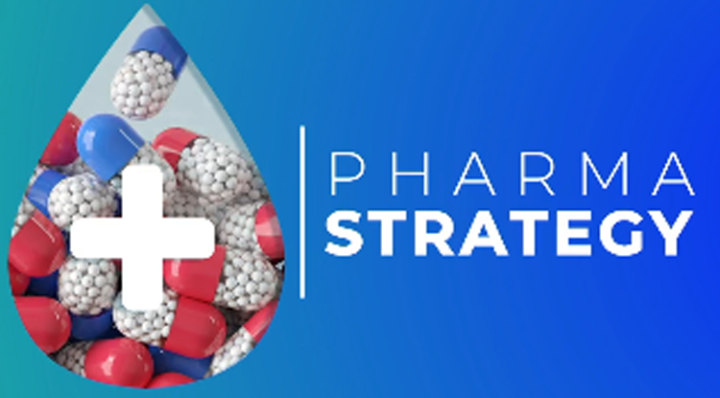Geneva, 25 November 2020 – MSF’s Access Campaign welcomes the European Commission’s (EC)pharmaceutical strategy for Europe and its objective on improving access to affordable medicines and medical tools through increased transparency and a review of its intellectual property (IP) incentives framework, yet this objective risks being hollow because of the Commission’s proposal for a simplified (unitary) Supplementary Protection Certificate (SPC) system in Europe.
The Commission’s strategy provides a historic opportunity to ensure the European Union (EU) policies and legislation are aligned and geared towards access to essential medicines, vaccines, and diagnostics. However, SPCs prolong the duration of a patent on a medicine up to 5 years, enabling companies to charge exorbitant prices for a longer period of time. Contrary to what pharmaceutical companies claim, a peer-reviewed analysis by MSF of medicines used in the treatment of hepatitis c and cancer showed companies do not need SPCs to recoup R&D investments and found evidence of how SPCs left people in Europe with no access to the medicines they require.
According to an SPC evaluation published by the EC today, taxpayers spent over Euros 37 billion extra on expensive medicines due to SPCs. The EC incorrectly justifies this spending as investments in innovation. Instead of proposing a unitary SPC system in Europe, a thorough review of this system is needed considering the negative impact on access to affordable medicines.
Quote from Dimitri Eynikel, EU Policy Advisor, MSF Access Campaign:
“Supplementary Protection Certificates unnecessarily extend pharmaceutical corporations’ monopolies, which will keep lifesaving medicines out of people’s hands. Our analysis has shown that SPC exclusivity led to high medicine prices in European countries and delayed price-lowering generic competition. We urge the European Commission to get rid of the SPC system that is nothing but an unnecessary cost for society, which may cause avoidable suffering or deaths.”










